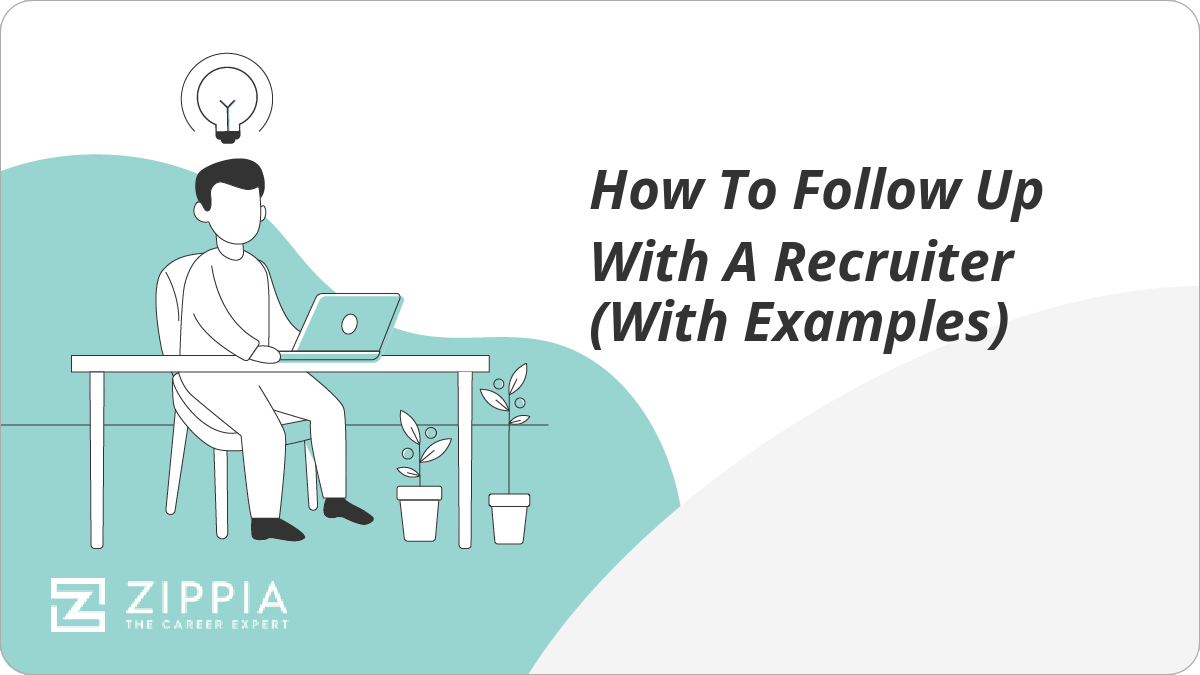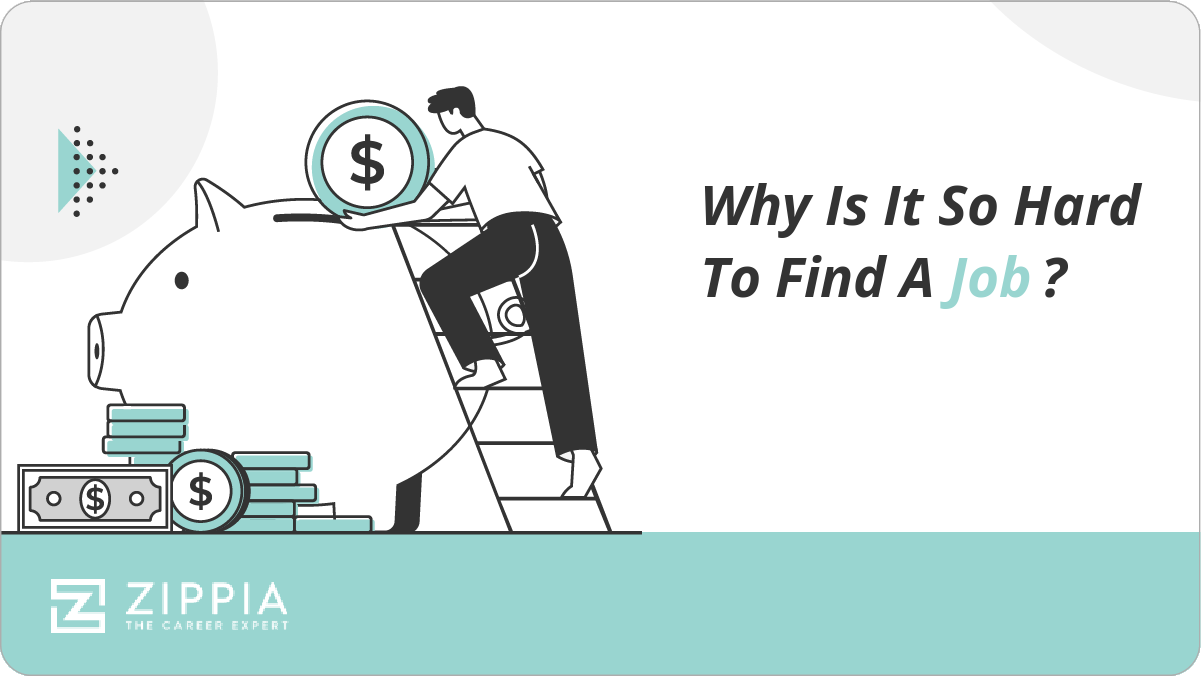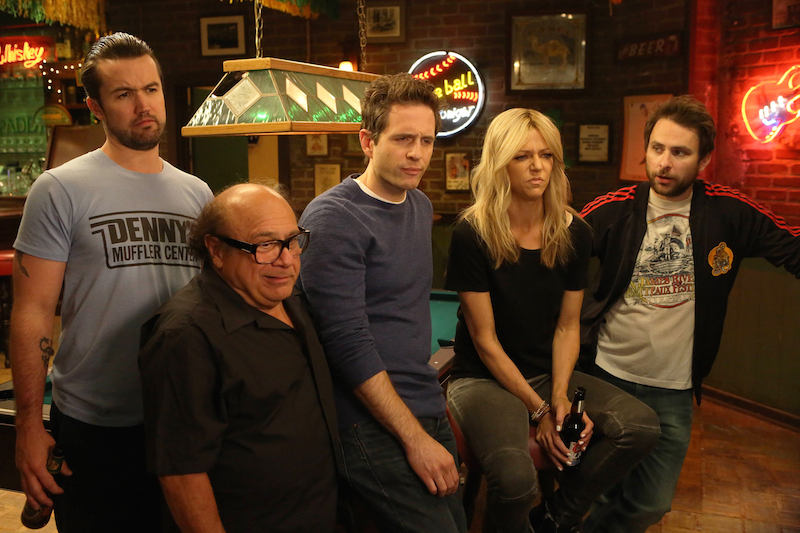- Application
- Email Communication
- Letter Communication
- Follow Up
- Recruiters And Staffing Agency
- Get A Job Through a Staffing Agency
- Get A Job Through A Staffing Agency
- Get A Job Through Headhunters
- How To Get A Job Through A Staffing Agency
- Startup Recruiters
- Staffing Agencies
- Best Temp Agencies
- What Is A Temp Agency
- Questions To Ask Recruiters
- Career Fair
- Questions To Ask At A Career Fair
- Follow Up With A Recruiter
- Job Application Tips
- About Me Page
- Answering Machine Messages
- What To Bring To A Job Fair
- Free Job Posting Sites
- Email Sign Offs
- Job Scams
- How Long Does It Take To Become A Doctor
- How Long Does It Take To Become A Vet
- Government Programs That Help Felons Get Jobs
- How Long Does It Take To Become A Dentist
- Relocation
- Job Search Spreadsheet
- Right To Work States
- How To Research A Company
- Military Requirements
Find a Job You Really Want In
A good follow-up email can make or break a job application.
Particularly when dealing with recruiters as opposed to applying to companies directly, follow-up emails are necessary parts of any job hunter’s toolkit.
When it comes to finding a job, you don’t always have to be the best — sometimes you just have to be the most memorable.
We’re here to walk you through why follow-up emails are important, give tips for how to follow up with a recruiter in any situation, and provide sample emails to help you write your own.
Key Takeaways:
-
Following up with a recruiter can be an awkward process, but it’s one that is necessary for many situations.
-
They help you distinguish yourself, letting you strut a little while also making yourself stand out in the recruiter’s mind.
-
Recruiters move fast — if you’re not actively being pursued by one for a job, you can bet that means that you’re the one who should be on the hunt.

Why You Should Follow Up With a Recruiter
When it comes to getting jobs or contracts through recruiters, candidates need to be professional, yet aggressive. There are dozens, possibly hundreds, of other candidates with similar education or experience as you that are also looking to recruiters to find them a job.
That’s why, as a candidate, it’s not always prudent to just sit around and hope to get a call from a recruiter you’ve been speaking with.
Sometimes you need to go on the offensive.
Sometimes, if you’re lucky, you’ll find yourself looking for a gig at just the right time with just the right experience, and you’ll find yourself being chased by the recruiter. In times like this, you have all the power, and so it can sometimes be useful to wait it out after speaking to a recruiter.
In either case, you’re going to need to learn how to gauge the situation after meeting with an interviewer, and learn how to follow up accordingly.
How to Follow Up With a Recruiter
-
Choose the right subject line. Make sure your subject line is professional and will let you know why you are emailing them.
-
Follow up regarding [job title]
-
Thank you for the opportunity.
-
I appreciate your time.
-
-
First paragraph. In your first paragraph make sure you thank the interviewer or hiring manager for the opportunity. You also want to mention the specific job title you were applying for.
-
Body paragraph. This is where you want to ask if there were any updates on the job you applied for. You also want to set yourself apart from the other candidates and what you will bring to the company.
-
Sign off. End the email with a professional closing followed by your name or signature.
-
Sincerely,
[your name]
-
Thank you,
[your name]
-
Email Template and Example for Following Up With Recruiters:
The following is a template for a light check-in email that you could send to a recruiter in order to remind them that you still exist (and are interested in a job).
It’s important to note that this is a very loose template — don’t be afraid to play around with the order or with the kind of sentences you’re trying to include:
Say hi. “Hello [Recruiter’s Name]”
Bring up something the two of you talked about the last time you spoke. “I’ve been thinking a lot about [interesting anecdote] we talked about.”
Check in. “I was just contacting you to check in and see if there were any updates on the job position we discussed.”
Reiterate your interest and get out of there. “I’m still interested in the position and I hope to hear back from you soon. All best, [Your Name].”
Putting it all together:
-
Example Answer 1: After Sending a Job Application.
Dear Mrs. Anderson,
My name is Tim Howard and I’ve just applied for the District Manager position at XYZ Corp. My years of management experience and relevant industry knowledge could be the perfect fit for the role.
I’ve attached my cover letter if you’d like to learn more about what I can offer.
Thank you for considering me for this role and I look forward to speaking soon.
All the best,
Tim Howard[email protected]
555-555-5555
www.linkedin.com/thoward -
Example Answer 2: LinkedIn Follow-Up Message
Hi Kathy,
Just checking in about my job application for the District Manager position at XYZ Corp. I’m still very interested in the position and would love the chance to speak more about it.
Thanks,
Tim Howard -
Example Answer 3: Post-Interview Follow-Up
Dear Mr. Thane,
Thank you for taking the time to speak with me about the open Sales Representative position at ABC Inc. today. I enjoyed learning about how you moved from sales to recruitment for them, and your unique perspective was really helpful for understanding the finer points of the role.
I think my 3+ years of sales experience in the tech industry puts me in a special position to understand the product and be able to communicate its benefits to clients and leads. It would be exciting to step into the role and learn even more about how ABC is changing customer relationship management from the ground up.
Thanks again for your consideration, and I hope to speak again soon.
Sincerely,
Martha Hew -
Example Answer 4: You Got a Job Offer
Dear Mr. Reed,
Thank you for getting back to me so soon with a job offer. I’m thrilled that MiniCorp is interested in hiring me for the Software Developer position.
While I’m excited about the opportunity, I need to take the weekend to talk it over with my family and come to a final decision. I will contact you by 10 a.m. on Monday the 25th with a final answer.
Thanks again for everything,
Lou Kang -
Example Answer 5: You Were Rejected
Dear Ms. Jenson,
Thank you for getting back to me so quickly to let me know I haven’t been accepted for the Junior Copyeditor position. I appreciated the opportunity to learn more about what Bermont Books is all about and its mission of sustainability.
While I’m disappointed I didn’t get the role, I hope you’ll keep me on file for any future positions that you feel would match my skill set and experience level.
If you have any advice about my interview performance or supporting documents that could help improve my candidacy in the future, I would appreciate hearing it from someone with your expertise.
Thanks again for taking the time to consider my application.
Sincerely,
Jenny Henderson
When to Follow Up With a Recruiter
Not every follow-up email to a recruiter is the same. Your circumstances will change how you approach your email. We’ll cover a number of scenarios below.
Note that while an email is usually the best way to follow up with a recruiter, some of these tips apply to phone calls and LinkedIn messages as well.
-
You’ve just sent a job application. If you’ve just sent a job application to a recruiter, sending a follow-up email that same day can be a good idea. However, if the application page indicates that you shoudn’t email anyone, then follow those instructions.
If you do send a message following up on your application, you can include a cover letter (if you didn’t already send one with your application). Other than that, keep this message short.
Introduce yourself, note the role you’ve applied for, mention a few reasons why you’re a good fit, and thank them for their time.
If you don’t hear back after a couple of days, you can reach out again via email or LinkedIn with an even shorter message indicating that you’re still interested in the position.
-
You’ve just been interviewed by the recruiter. You should send a follow-up email to the recruiter within 24 hours of your interview. Thank them for their time, briefly mention something from your chat, reiterate your relevant skills and qualifications, emphasize your excitement for the role, and sign off graciously.
Thank-you notes go a long way in building a personal connection and helping refresh the recruiter’s memory about who you are. They are worth it 100% of the time (unless you don’t want the job).
If you have multiple rounds of interviews with the recruiter, follow up each time (although later follow-ups can be more informal and shorter).
-
You get a job offer. You probably don’t need us to tell you that you should follow up in this scenario. If you’ve been extended a job offer, get back to the recruiter ASAP. Even if you don’t have a definite answer yet, it’s respectful to let them know you need X amount of time to think about their offer.
When you do have an answer, here are guides for how to accept a job offer and how to reject one.
-
You’ve been rejected. You might be sad or angry, but it’s still important to respond to a rejection email. You can reiterate your key skills and mention that you’re open to other opportunities.
Keep the lines of communication open — this recruiter definitely knows about other roles and might be able to find something else for you if you maintain a professional relationship. Even if you’re not interested in that, you should still respond and politely thank them for their time and consideration.
Regardless of your scenario, always establish a timeline as you go. Don’t get cranky if things go a bit off-track, as recruiters are busy and they don’t have control over the company’s side of the hiring process. Always be polite, positive, and professional in your emails.
Do your part to make sure contact is consistent through each stage of the process by always being timely with your responses.
Questions to Ask Yourself Before You Follow Up With a Recruiter
If you’re a candidate who’s recently met with a recruiter — whether you called them or you were the one who was called — then sooner or later you’re going to need to follow up with them.
The way that you follow up with a recruiter depends heavily on one thing: Context.
Where did you meet the recruiter? Was it at a job fair? Did you reach out to them specifically, or them to you?
These are just a few of the things you want to think about before you send that email.
Here are some of the main things to consider before reaching out to a recruiter about a job:
-
Does it seem like they’re trying particularly hard to get ahold of you? If so, congratulations: you’re one of the best candidates they’ve found, and they’re trying to court you for the position.
You hold all the power — take it slow before you send your email, and try to make the person signing your contract sweeten the pot before you sign your name. Just be careful you don’t spend so long playing aloof that you wind up losing the position to their second choice.
-
Have a few days gone by since the date they said they’d contact you? That doesn’t necessarily mean they’re not interested, but it does mean that they’re busy and that you aren’t necessarily at the top of their priorities.
This is when you need to start (gently) reaching out; they’ve likely just forgotten you’re around, but you still have the chance to distinguish yourself with a good follow-up letter.
-
Did you establish a personal connection with the recruiter while you spoke to them? If so, now’s the time to bring up that connection. If not, now’s the time to try to establish some kind of connection with this person — you’ll need it if you have any hope of standing out in their head amongst the dozens of other candidates.
-
Are you at a late stage in the application process? Remember that the slowest part of the process should be negotiating compensation and benefits, which is obviously a late-stage concern. If the process is moving excruciatingly slowly early on, that might be a sign that things aren’t going that well and that you should be preparing some kind of follow-up.
-
How should I contact the recruiter? The best way to follow-up with somebody is almost certainly email — it’s relatively low stress, and it lets people respond to you at their leisure — but use your own discretion. If you know the recruiter prefers phone calls or LinkedIn chat, use one of those instead.
Final Thoughts
That’s all for this one! Just keep in mind:
You want to be memorable, but you don’t want to spook the recruiter.
There are a lot of ways you can distinguish yourself (see above), and it’s often the case that you need to be aggressive in the job hunt in order for someone to remember you and pay attention to you.
But it’s also true that you can come off as a jerk pretty quickly if you end up being too aggressive too fast.
It’s a delicate balancing act that you have to strike between giving a recruiter the proper space and making sure to continually stick your foot in the door to check and see if it’s still open.
Just remember to be polite, prompt, and professional through all of your communications with the recruiter, and you’re sure to see more job offers come your way.
- Application
- Email Communication
- Letter Communication
- Follow Up
- Recruiters And Staffing Agency
- Get A Job Through a Staffing Agency
- Get A Job Through A Staffing Agency
- Get A Job Through Headhunters
- How To Get A Job Through A Staffing Agency
- Startup Recruiters
- Staffing Agencies
- Best Temp Agencies
- What Is A Temp Agency
- Questions To Ask Recruiters
- Career Fair
- Questions To Ask At A Career Fair
- Follow Up With A Recruiter
- Job Application Tips
- About Me Page
- Answering Machine Messages
- What To Bring To A Job Fair
- Free Job Posting Sites
- Email Sign Offs
- Job Scams
- How Long Does It Take To Become A Doctor
- How Long Does It Take To Become A Vet
- Government Programs That Help Felons Get Jobs
- How Long Does It Take To Become A Dentist
- Relocation
- Job Search Spreadsheet
- Right To Work States
- How To Research A Company
- Military Requirements





